Optimal Timing for Lot Clearings
Timing for lot clearings is crucial to ensure safety, efficiency, and compliance with local regulations. The optimal period depends on seasonal weather patterns, vegetation growth cycles, and land use schedules. Proper planning can reduce costs and minimize environmental impact.
Spring offers favorable conditions for lot clearing, with moderate temperatures and increased daylight. Vegetation begins to grow, making it easier to assess the land and perform necessary clearing before summer.
Late summer and early fall provide dry conditions ideal for land clearing. This period minimizes soil disturbance and facilitates better equipment operation.
Winter is generally unsuitable for lot clearing due to frozen ground, snow cover, and limited accessibility. Clearing during this time can cause soil damage and delay project timelines.
Local climate variations influence the best timing for clearing. Consulting regional weather data helps determine optimal periods for land work.
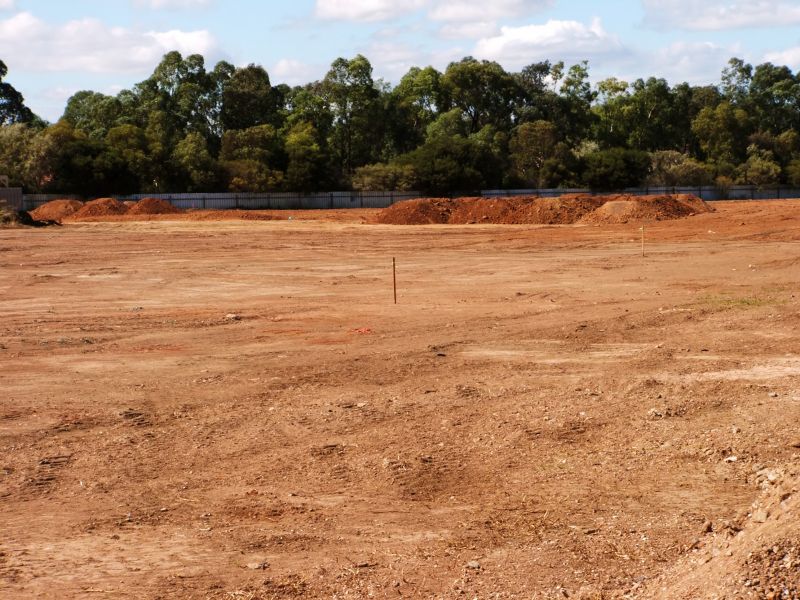
Springtime land clearing with lush greenery and active vegetation growth.
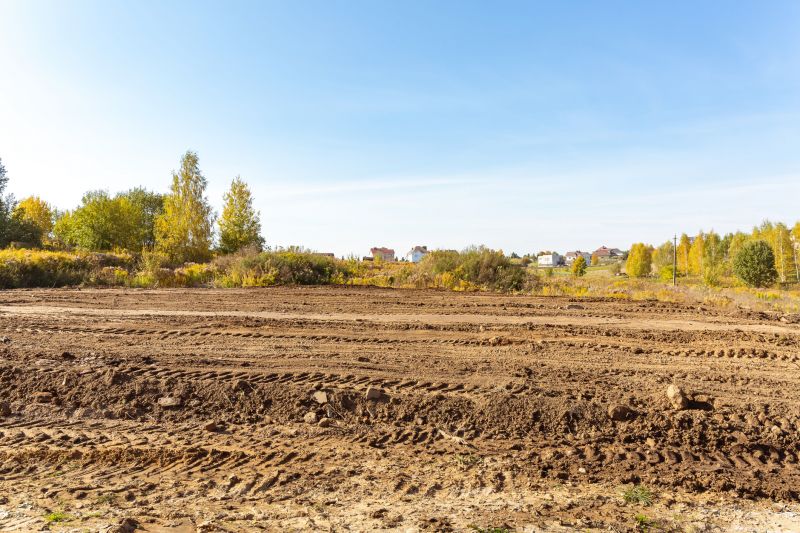
Dry summer months ideal for efficient land clearing operations.
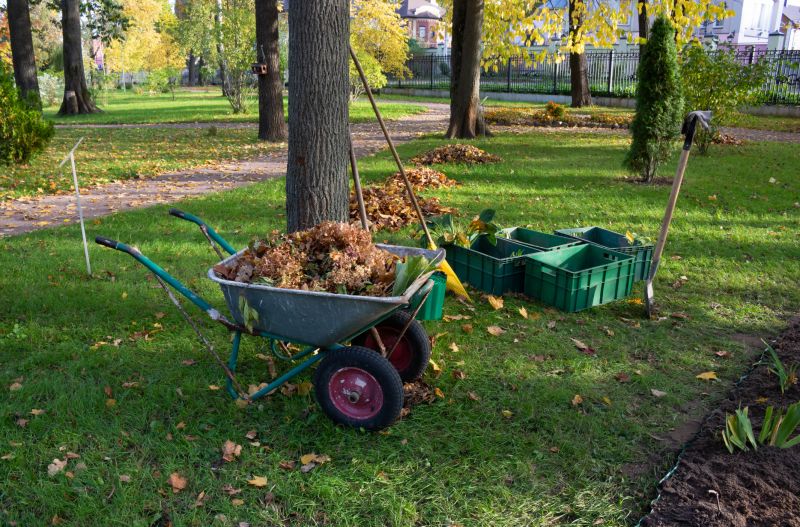
Preparing land for clearing in early fall, with falling leaves and dry soil.
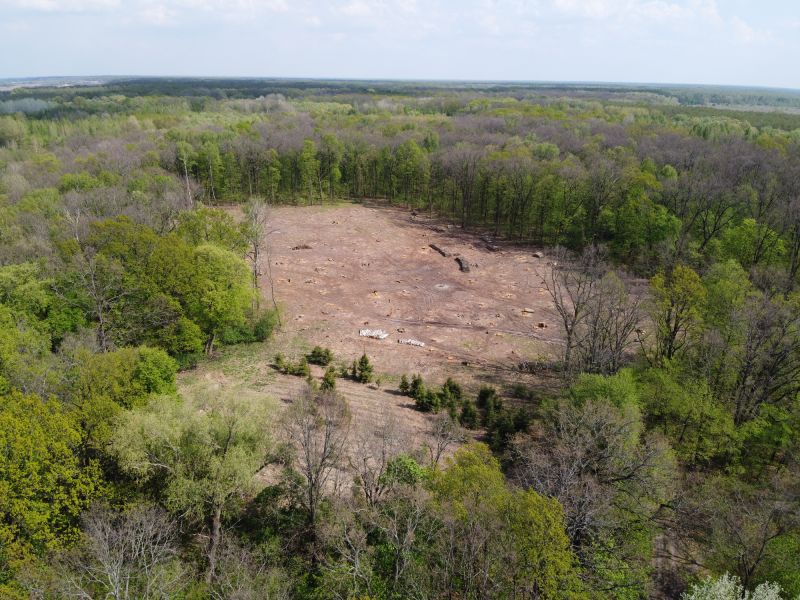
Ways to make Lot Clearings work in tight or awkward layouts.
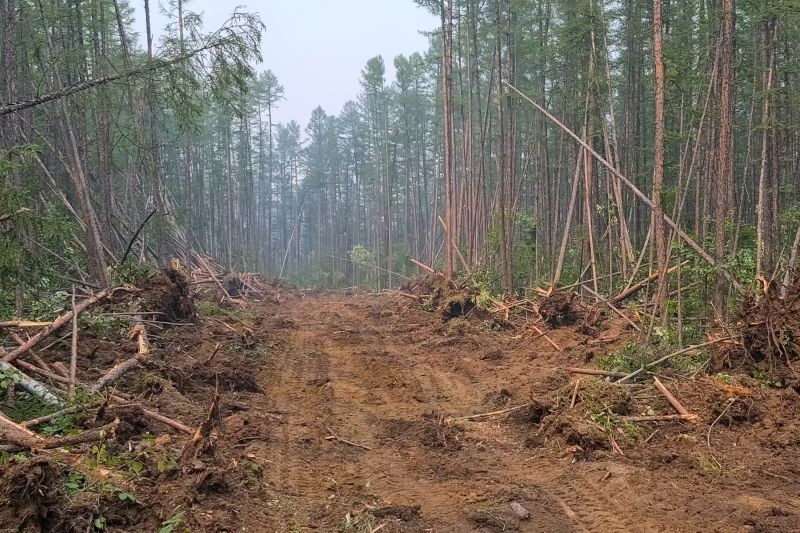
Popular materials for Lot Clearings and why they hold up over time.
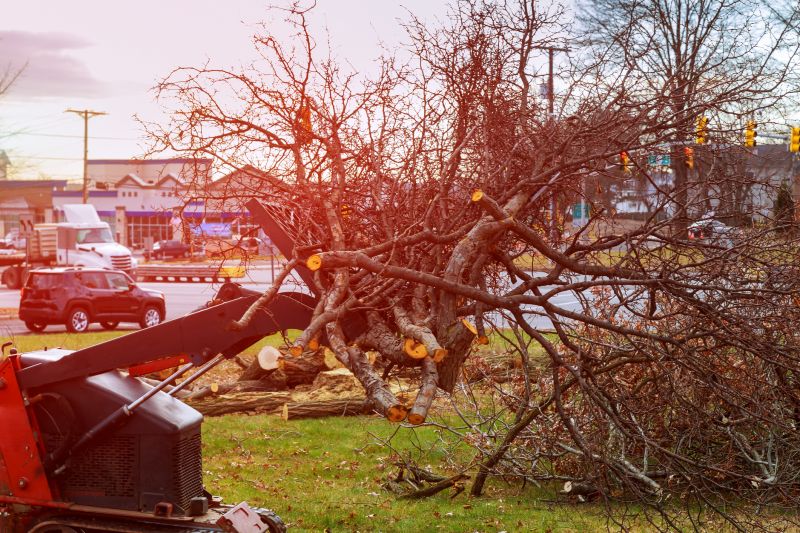
Simple add-ons that improve Lot Clearings without blowing the budget.
| Season | Optimal Conditions |
|---|---|
| Spring | Moderate temperatures, increased daylight, vegetation begins growth |
| Summer | Dry conditions, minimal soil moisture, long daylight hours |
| Fall | Dry soil, cooler temperatures, less vegetation growth |
| Winter | Frozen ground, snow cover, limited access |
| Regional Variations | Dependent on local climate and weather patterns |
Lot clearings involve removing trees, shrubs, and other vegetation to prepare land for development or agriculture. Proper timing ensures that the process is efficient and minimizes complications. Factors such as soil conditions, vegetation cycles, and weather patterns influence the best time to perform land clearing activities.

Vegetation in full bloom during springtime clearing.
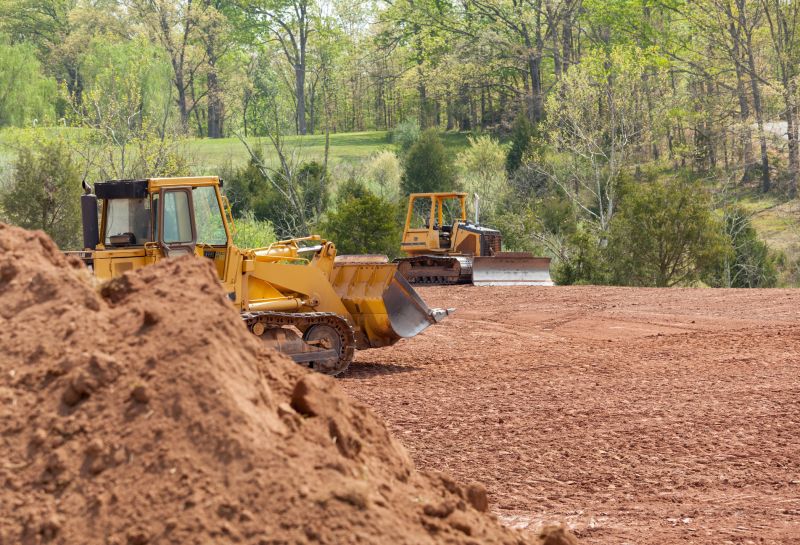
Land ready for clearing during dry summer months.
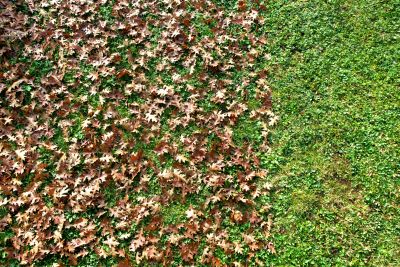
Preparing land in autumn with fallen leaves and dry soil.
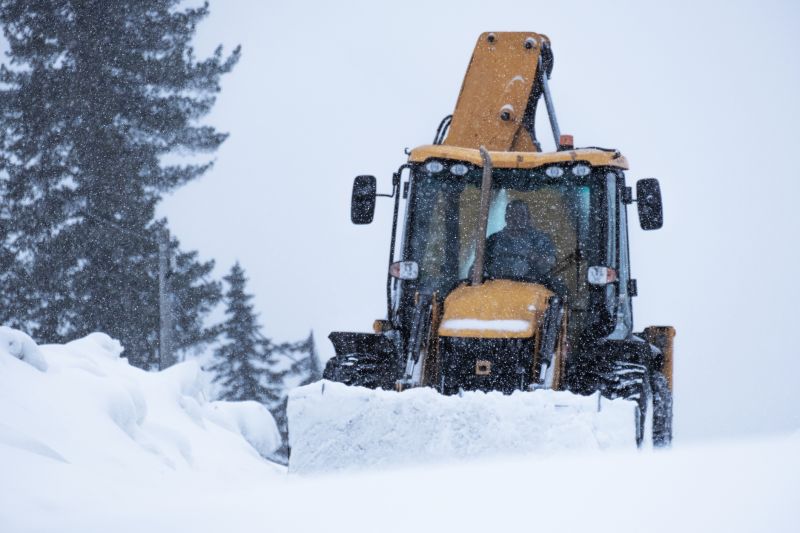
Frozen ground and snow cover during winter.

High-end options that actually feel worth it for Lot Clearings.
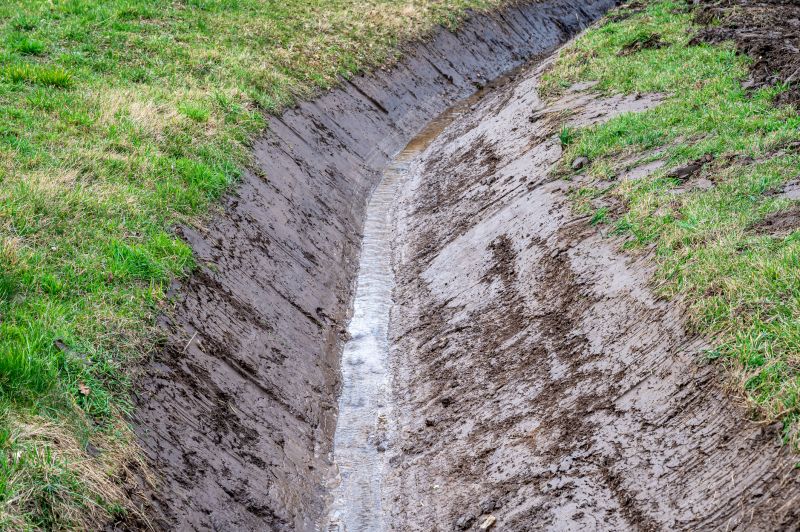
Finishes and colors that play nicely with Lot Clearings.

Little measurements that prevent headaches on Lot Clearings day.

A 60-second routine that keeps Lot Clearings looking new.
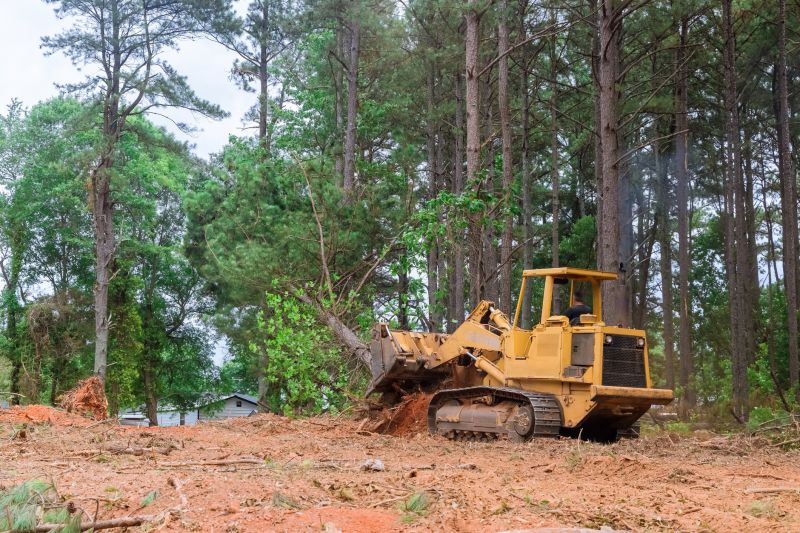
A frequent mistake in Lot Clearings and how to dodge it.
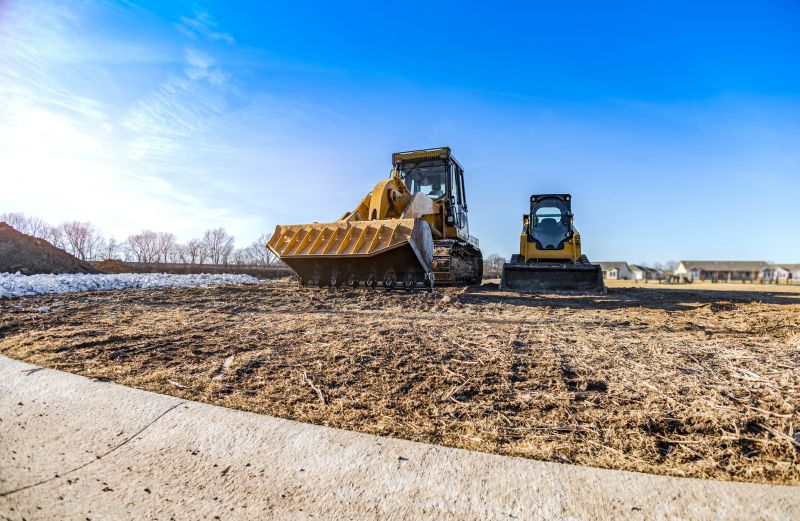
Small tweaks to make Lot Clearings safer and easier to use.
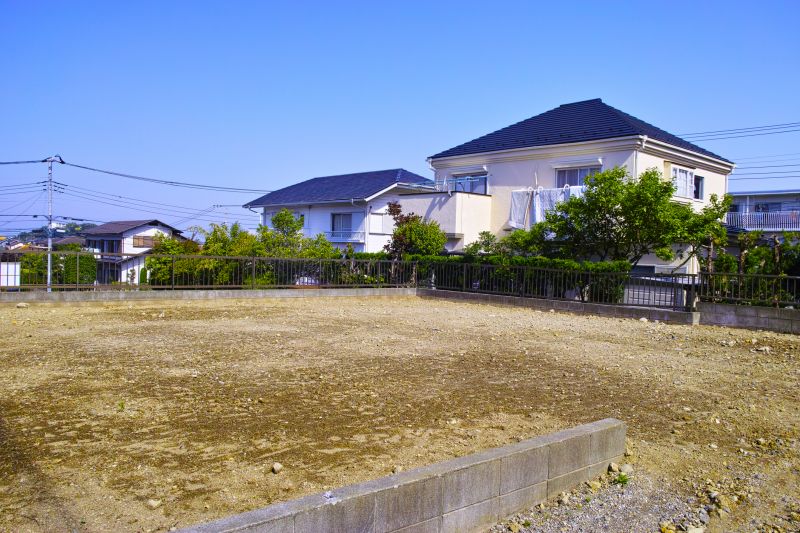
Lower-waste or water-saving choices for Lot Clearings.
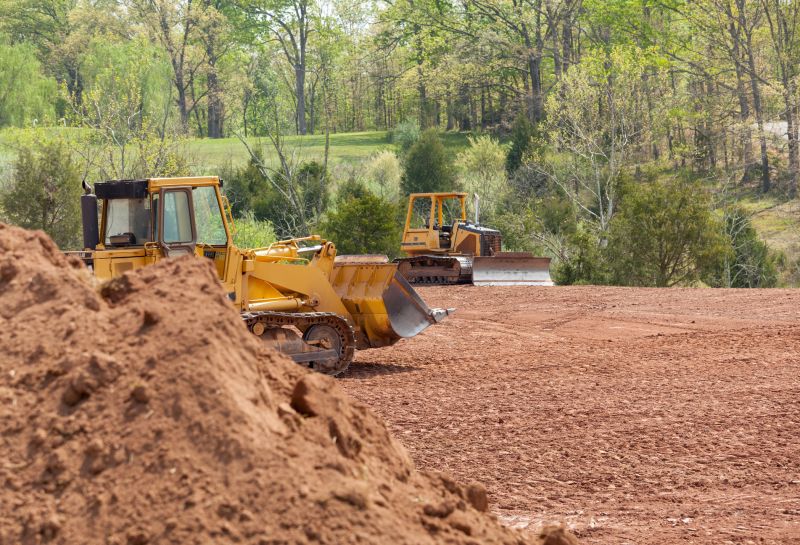
The short, realistic tool list for quality Lot Clearings.
Understanding the seasonal patterns and environmental factors can aid in scheduling lot clearings efficiently. Proper timing reduces soil erosion, controls invasive species, and ensures a smoother process for subsequent land development activities.
Interested in scheduling a lot clearing? Fill out the contact form to discuss options and determine the best timing for specific land parcels.



